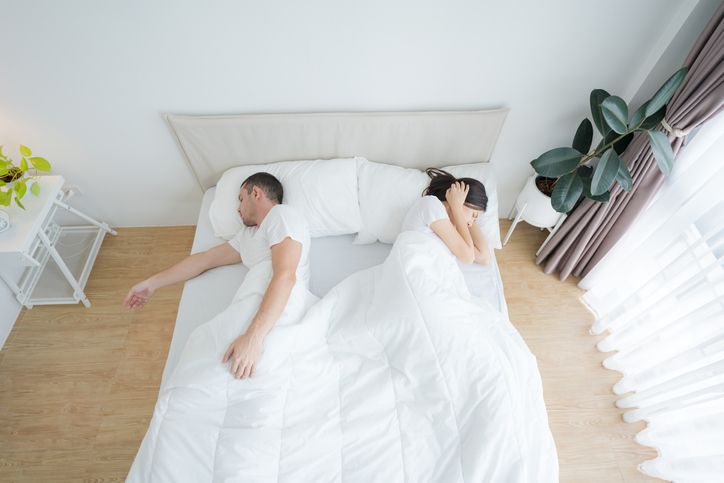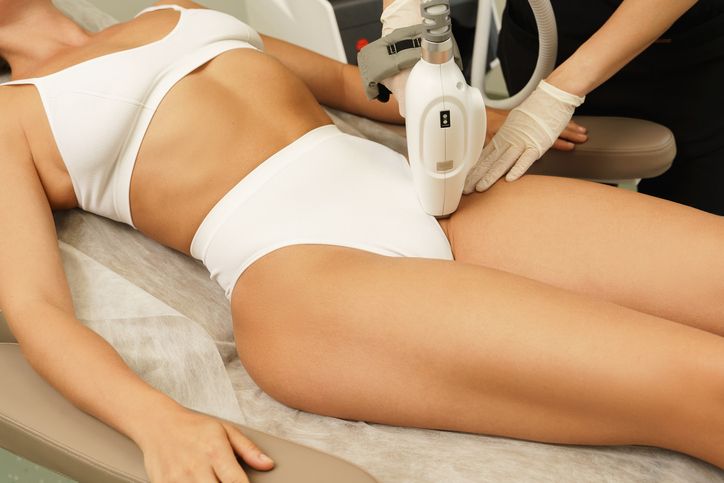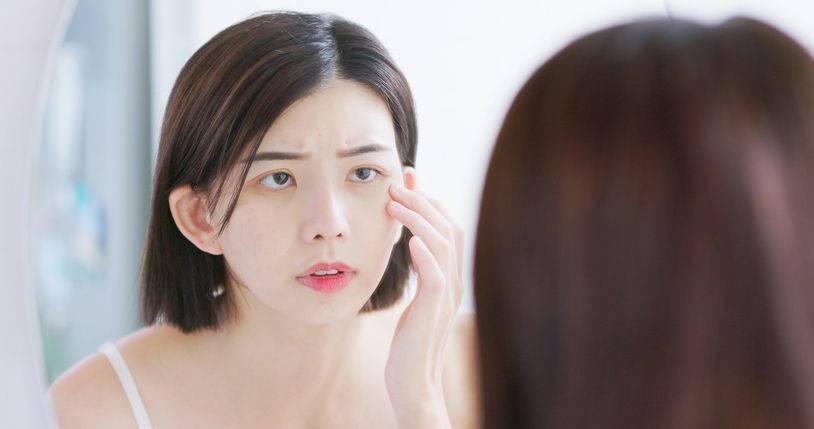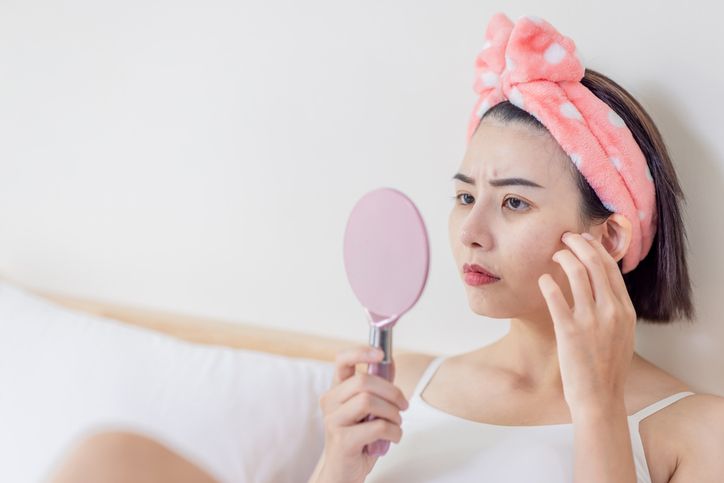- Home
- Trend
- Weight Loss Strategies
- Acne Tips
- Hair Health Information
- Blemish Removal Tips
- Acne Scar Removal Tips
- Muscle Building Techniques
- Intimate Care Tips
- Postpartum Intimate Care
- Eye Bags Wiki
- Tips for Face Slimming
- Secret of Permanent Hair Removal
- Breast Enlargement Tips
- Cure to Snoring
- Marionette Lines
- Skin-Tightening Secrets
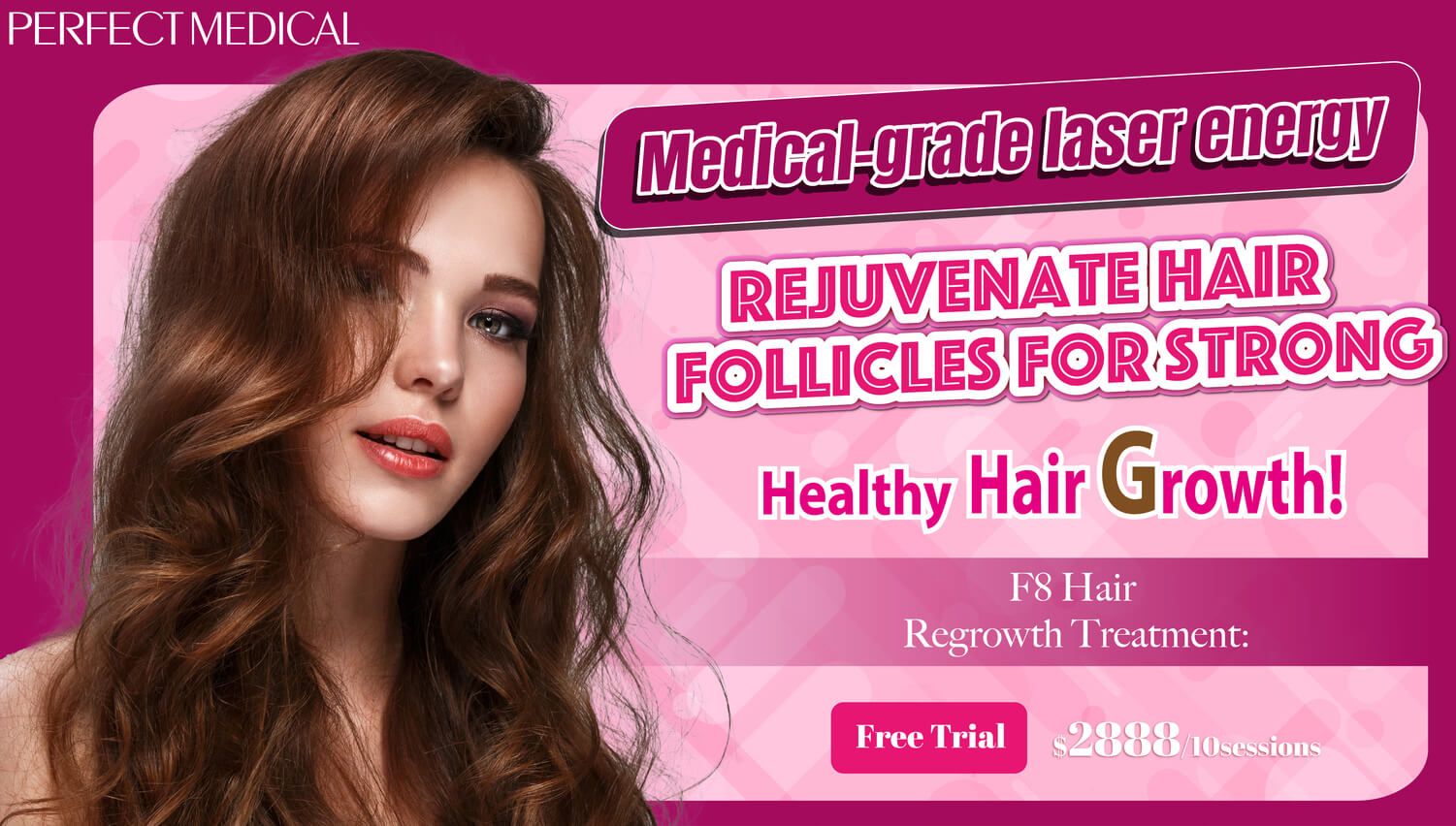
免費體驗
F8 Hair Regrowth Treatment
1 Minute Self-Registration
Date should not be before minimal date
When it comes to our appearance, few things are as important as a full head of healthy, luscious hair. Beautiful hair can boost our confidence and make us feel like our best selves. However, hair issues, such as hair loss, thinning, or stunted growth, can be distressing and affect our self-esteem. While various factors can contribute to these problems, one critical aspect often overlooked is the role of vitamins in maintaining the health of our hair and promoting healthy hair growth.
1
The Role of Vitamins in Healthy Hair Growth
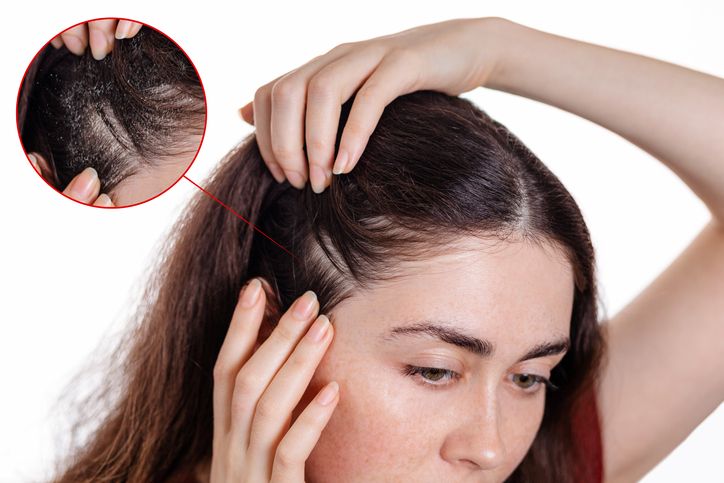
Our hair is composed of a protein called keratin, and just like the rest of our body, it needs essential nutrients to grow and remain healthy. Vitamins play a crucial role in this process, and their deficiency can result in various hair-related issues.
2
List of general vitamins

Vitamins play a crucial role in supporting hair and scalp health. Different vitamins contribute in various ways to maintain the integrity and vitality of your hair. Here are some key vitamins and their roles:
Vitamin A
Supports the production of sebum, an oily substance that moisturises the scalp and keeps hair healthy.
Vitamin E
Acts as an antioxidant, protecting hair follicles from damage caused by free radicals.
Vitamin C
Helps in the production of collagen, a protein that supports the structure of hair.
Vitamin D
Plays a role in hair follicle cycling, which is important for hair growth.
Vitamin B Complex (Biotin, B5, B6, B12, etc.)
Biotin is particularly known for its role in strengthening hair and nails, whereas B vitamins help carry oxygen and nutrients to the scalp, promoting overall hair health.
Vitamin K
Supports the health of hair follicles.
Folic Acid (Vitamin B9)
Promotes cell division, which is important for hair growth.
Iron
Iron deficiency can lead to hair loss, as it is essential for carrying oxygen to hair follicles.
Zinc
Supports the health of hair follicles and helps prevent hair loss.
Omega-3 Fatty Acids
Found in fish oil and certain seeds, they contribute to a healthy scalp.
- Ultimate Guide to Hair Loss in Women: Causes, Solutions, Prevention Tips
- Reclaiming Your Hair: Hair Growth Products for Every Growth Goal
- How Much Hair Loss is Normal? Notice 7 Signs of Serious Hair Fall Before It's Too Late + Your 7 Steps Guide to Stop Hair Loss For Good!
- How To Stop Hair Fall Immediately? There Are 10 Things You Should Do To Control Hair Fall
3
The Beginning of Thinning Hair

Hair loss can be caused by various factors, including vitamin deficiencies. Here are some common symptoms associated with hair loss due to vitamin deficiency:
1. Increased Hair Shedding
Noticeable hair loss during activities such as washing, brushing, or styling your hair.
2. Thinning Hair
Gradual reduction in hair thickness, leading to a less dense appearance.
3. Changes in Hair Texture
The hair may become brittle, dry, or more prone to breakage.
4. Slow Hair Growth
A noticeable decrease in the rate at which your hair grows.
5. Bald Patches
Development of bald spots or patches on the scalp.
6. Changes in Nail Health
Brittle or ridged nails, as the same nutrients that support hair health also affect nail health.
7. Pale Skin or Anaemia Symptoms
Some vitamin deficiencies, such as iron deficiency, can lead to pale skin and symptoms of anaemia, such as fatigue.
4
Vitamins for Lush Locks: A Deeper Dive
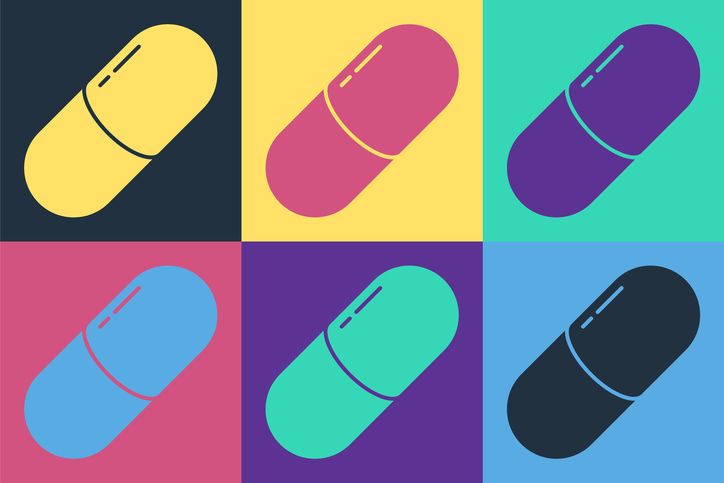
Common vitamins and minerals associated with hair health include vitamin D, vitamin E, vitamin A, biotin, iron, zinc, and omega-3 fatty acids. Let's dive into the important characters and see how these vitamins play their role.
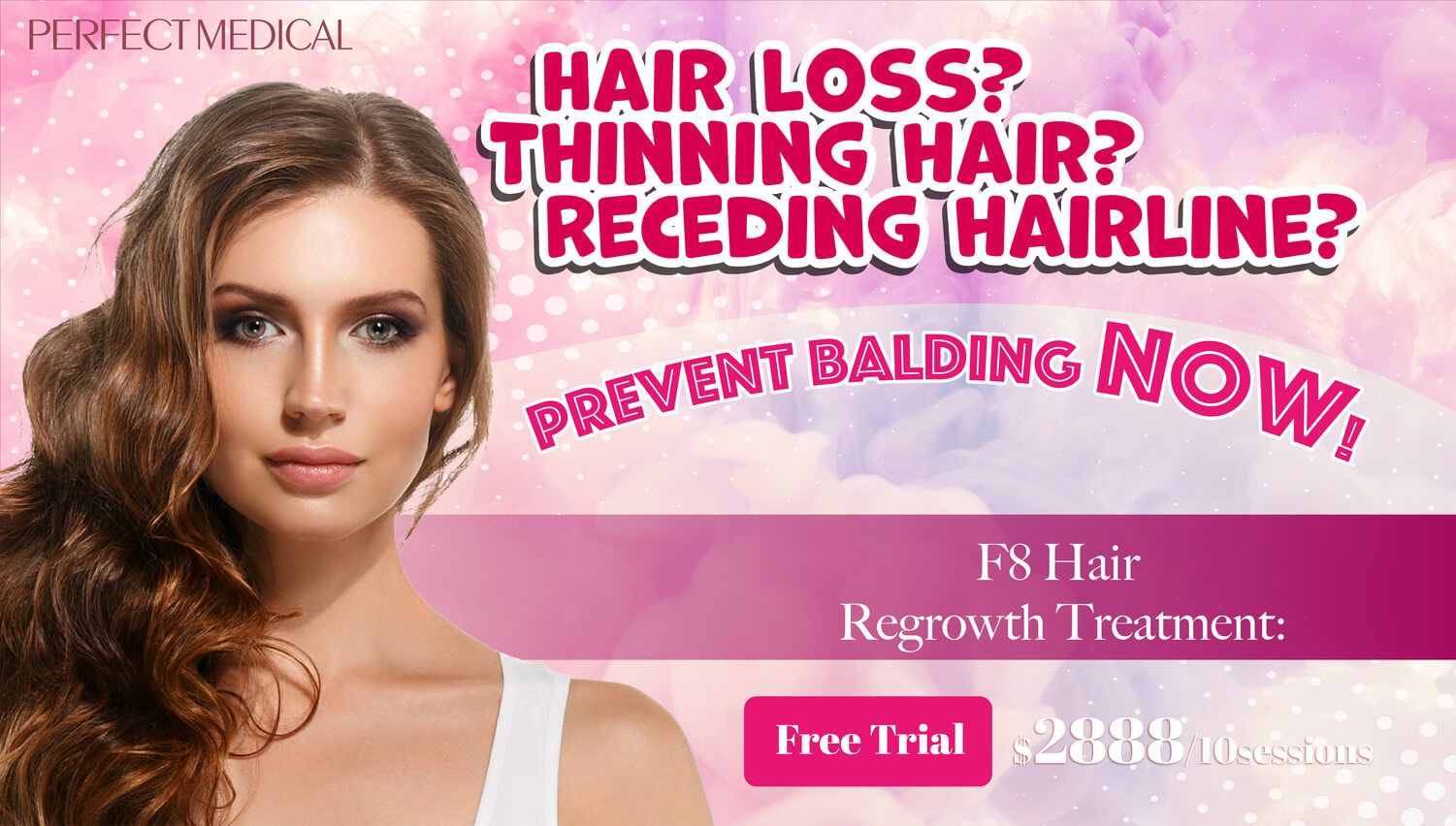
免費體驗
F8 Hair Regrowth Treatment
1 Minute Self-Registration
Date should not be before minimal date
5
Vitamin D: The Sunshine Vitamin
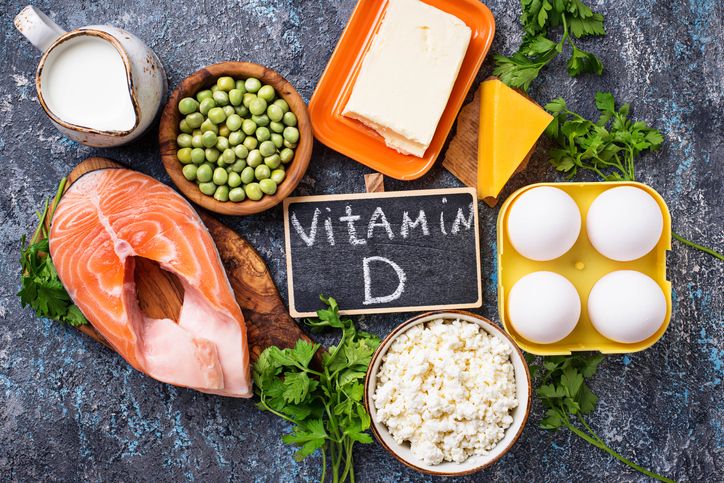
Vitamin D is often referred to as the "sunshine vitamin" because our skin can produce it when exposed to sunlight. However, many people still experience vitamin D deficiency, particularly in regions with limited sunlight or due to lifestyle factors. This deficiency can have a profound impact on the health of your hair.
How Vitamin D Affects Hair Health
Vitamin D receptors in hair follicles are crucial for hair growth. When there's a deficiency, it can lead to hair thinning and loss. Let's dive into the details:
1. Hair Follicle Health: Vitamin D promotes the formation of new hair follicles, ensuring that your scalp has a healthy supply of these tiny sacs from which each hair strand emerges. Healthy follicles mean robust and luscious hair.
2. Hair Cycle Regulation: Vitamin D plays a role in regulating the hair growth cycle. An adequate supply of this vitamin can help maintain the balance between the growth phase (anagen), the resting phase (telogen), and the shedding phase (catagen) of hair.
3. Immune Function: Vitamin D is known to boost the immune system. This is crucial for hair health because hair loss can sometimes be triggered by autoimmune conditions, where the immune system attacks hair follicles. Sufficient vitamin D may help mitigate this risk.
4. Reducing Hair Fall: Vitamin D can contribute to the reduction of hair fall. When the hair follicles are well-nourished and functioning optimally, hair breakage and shedding are minimized.
Vitamin D Sources
To ensure you maintain adequate vitamin D levels for healthy hair, you can include the following sources in your diet:
1. Fatty Fish: Salmon, mackerel, and sardines are excellent natural sources of vitamin D.
2. Egg Yolks: Eggs contain small amounts of vitamin D, primarily in the yolk.
3. Fortified Foods: Many foods, such as dairy products and cereals, are fortified with vitamin D.
Additionally, spending time in the sun can help your body produce vitamin D naturally. However, it's essential to balance sun exposure to avoid skin damage and the risk of skin cancer.
6
Vitamin B12: The Energy Vitamin
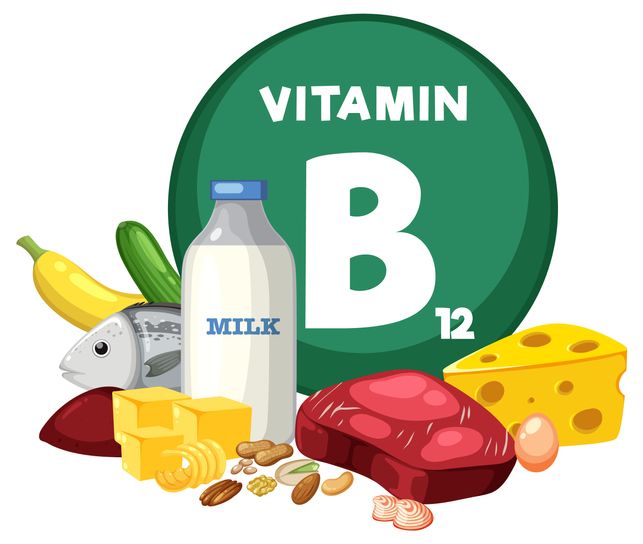
Vitamin B12 is a water-soluble vitamin that plays a pivotal role in maintaining overall health, including the well-being of your hair. It is an essential nutrient for the production of red blood cells, and its deficiency can lead to anaemia, which in turn can impact your hair.
How Vitamin B12 Affects Hair Health
Vitamin B12 deficiency can cause hair loss and affect the quality of your hair. Here's how it works:
1. Anemia and Hair: This is a condition resulting from vitamin B12 deficiency, reduces the oxygen supply to the hair follicles. When the hair follicles don't receive enough oxygen, your hair becomes weaker and more prone to breakage and loss.
2. Hair Texture: The texture of your hair may change with a B12 deficiency. It can become brittle and dry, making it more difficult to maintain healthy locks.
3. Reduced Hair Growth: In severe cases, vitamin B12 deficiency can lead to slower hair growth, causing hair to appear thin and less lush.
Vitamin B12 Sources
You can maintain healthy vitamin B12 levels by including the following sources in your diet:
1. Lean Meats: Beef, chicken, and turkey are rich sources of vitamin B12.
2. Dairy Products: Milk, cheese, and yoghourt contain this vital vitamin.
3. Eggs: Egg yolks are a good source of vitamin B12 for vegetarians.
Vitamin B12 is primarily found in animal-based foods, which can pose a challenge for vegetarians and vegans. In such cases, fortified foods and supplements can be helpful to meet B12 requirements.
7
Iron: The Oxygen Carrier
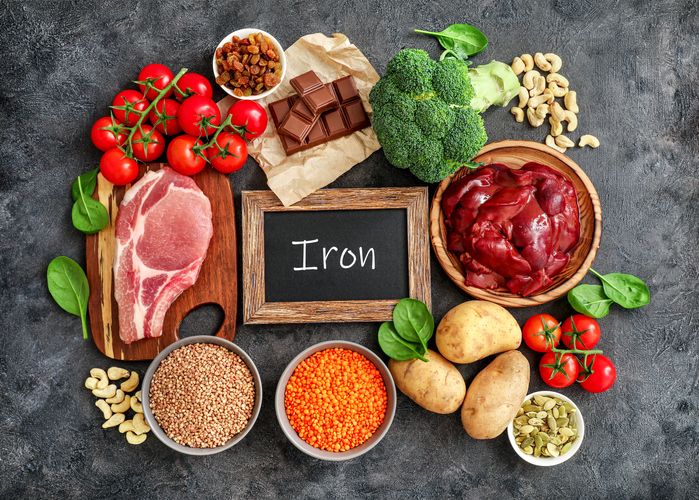
Iron is an essential mineral for carrying oxygen to the body's cells, including those in the hair follicles. Adequate iron levels are crucial for maintaining healthy and vibrant hair.
How Iron Affects Hair Health
Iron deficiency can affect your hair health in several ways:
1. Oxygen Supply: The hair follicles require a good supply of oxygen for proper growth. When the body lacks sufficient iron, it prioritises providing oxygen to vital organs, leaving less for the hair follicles. This results in hair becoming thin, dull, and more prone to falling out.
2. Anaemia: Just like with vitamin B12 deficiency, iron deficiency can lead to anaemia, reducing the oxygen-carrying capacity of red blood cells. This condition can weaken the hair and cause it to become brittle and prone to breakage.
3. Slower Hair Growth: Iron deficiency can also slow down the rate of hair growth, leading to less lush and vibrant hair.
Iron sources
To ensure you maintain adequate iron levels for healthy hair, you can include the following sources in your diet:
1. Red Meat: Beef and lamb are among the best sources of heme iron, which is readily absorbed by the body.
2. Spinach: Dark, leafy greens like spinach provide non-heme iron, which is also beneficial.
3. Legumes: Lentils and beans are excellent plant-based sources of iron.
4. Nuts and Seeds: Almonds, pumpkin seeds, and sunflower seeds are rich in iron.
5. Iron-Fortified Foods: Some cereals and bread are fortified with iron, making them a convenient option for increasing your iron intake.
8
Maintaining a Balanced Diet for Healthy Hair
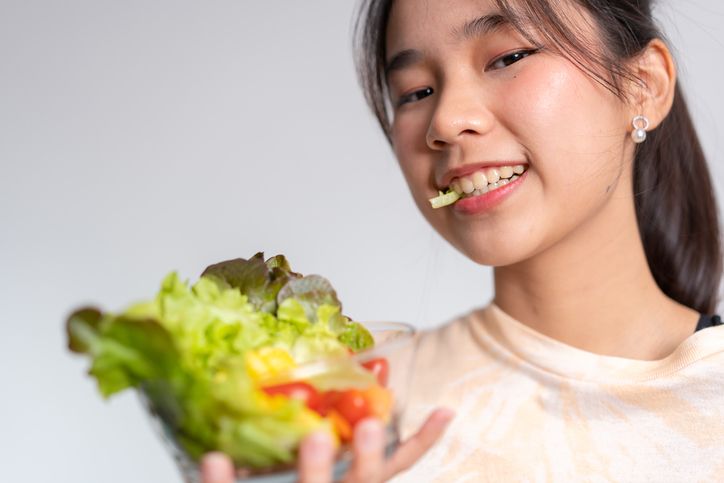
Now that we've explored the specific vitamins and minerals that play a vital role in healthy hair growth, let's discuss how to maintain a balanced diet that supports your hair's well-being. A well-rounded diet not only provides the necessary nutrients but also helps prevent deficiencies that can lead to hair loss.
Spinach and Berry Smoothie
Ingredients: - Spinach: High in iron and vitamins A and C, which contribute to a healthy scalp. - Blueberries and Strawberries: Packed with antioxidants that support hair health. - Banana: Contains silica, which helps strengthen hair. - Greek Yoghourt: Rich in protein, which is essential for hair growth. - Chia Seeds: Good source of omega-3 fatty acids and protein.
Instructions: - Blend all ingredients until smooth. - Adjust the liquid for desired consistency. - This smoothie provides vitamins A, C, and E, promoting overall hair health.
Salmon and Quinoa Bowl
Ingredients: - Quinoa: High in protein and contains vitamins E and B. - Salmon: Rich in omega-3 fatty acids and vitamin D, supporting scalp health. - Broccoli: Contains vitamins A and C, which aid in sebum production for a healthy scalp. - Walnuts: A source of biotin, which is important for hair health. - Olive Oil: Provides healthy fats beneficial for hair.
Instructions: - Combine quinoa, grilled salmon, steamed broccoli, and chopped walnuts. - Drizzle with olive oil and lemon juice. - Season to taste. - This bowl is rich in nutrients that support hair growth and strength.
Avocado and Chickpea Salad
Ingredients: - Avocado: Contains vitamin E, an antioxidant that supports hair health. - Chickpeas: Rich in protein, zinc, and folate, supporting overall hair health. - Cherry Tomatoes: Provide vitamins A and C. - Red Onion: Contains sulphur, important for strong and healthy hair. - Cilantro: Adds flavour and contains antioxidants.
Instructions: - Combine avocado, chickpeas, cherry tomatoes, red onion, and cilantro. - Drizzle with olive oil and lime juice. - Season to taste. - This salad is a nutrient-packed option for promoting healthy hair.
These recipes focus on incorporating ingredients that contain essential vitamins and nutrients beneficial for promoting hair health. There's more you can do to keep your hair health in check.

免費體驗
F8 Hair Regrowth Treatment
1 Minute Self-Registration
Date should not be before minimal date
9
Maintaining Healthy Hair Growth with Lifestyle Choices
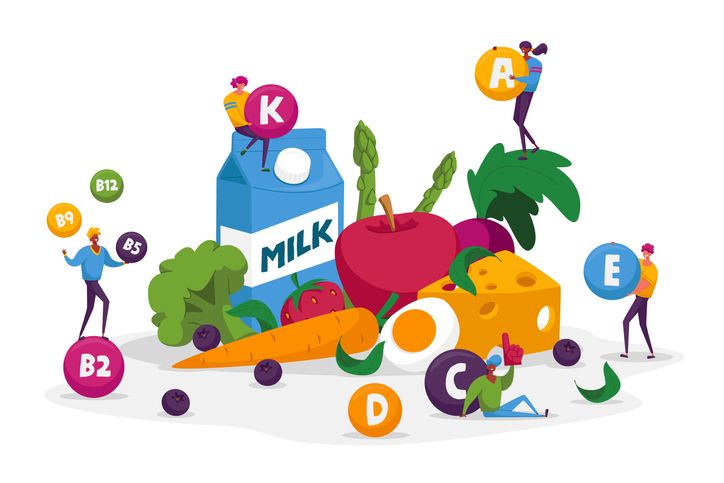
In addition to a well-balanced diet, certain lifestyle choices can also contribute to healthy hair growth and reduce the risk of hair loss. Here are some recommendations:
Manage stress
Chronic stress can lead to hair loss, so it's essential to find effective ways to manage stress. High-stress levels can disrupt the hair growth cycle and lead to shedding. Practices such as meditation, yoga, deep breathing exercises, and relaxation techniques can help you manage stress effectively.
Good hair care practices
Use mild shampoos and conditioners suitable for your hair type. Avoid aggressive brushing or combing, which can lead to hair breakage. Be gentle with your hair, especially when it's wet, as it's more susceptible to damage.
Get regular exercise
Regular exercise improves blood circulation throughout the body, including the scalp. This improved blood flow can promote hair growth by ensuring that the hair follicles receive an adequate supply of nutrients and oxygen. Aim for a combination of cardiovascular exercises and strength training to maximise the benefits.
Pair with hair regrowth treatment
Introducing the F8 Hair Regrowth Treatment – a sophisticated solution for those seeking a non-invasive, effective path to lush locks. This treatment employs low-level laser energy and a potent hair growth serum, working in tandem to invigorate dormant hair follicles and fortify the hair papilla. As an added bonus, it orchestrates the repair of capillaries, optimising microcirculation to deliver vital nutrients directly to the follicles, which can assist you on your way of replenishing the vitamins you need. The outcome? Expect a surge in hair growth, resilient strands, and a noticeable reduction in hair loss. It's the remedy your hair deserves.
10
Conclusion

Healthy, vibrant hair is a symbol of beauty and vitality, and it's a reflection of your overall health. Vitamins and minerals play a pivotal role in maintaining the strength, thickness, and shine of your locks. Deficiencies in essential vitamins like D, B12, and iron can lead to hair loss and various hair-related issues. But with a balanced diet, proper hair care practices, and a healthy lifestyle, you can promote healthy hair growth and reduce the risk of hair problems. Remember that maintaining healthy hair requires a holistic approach that combines nutrition, stress management, and gentle care practices. So, take good care of your hair, nourish it with the right nutrients, and don't let stunted hair growth affect your confidence!
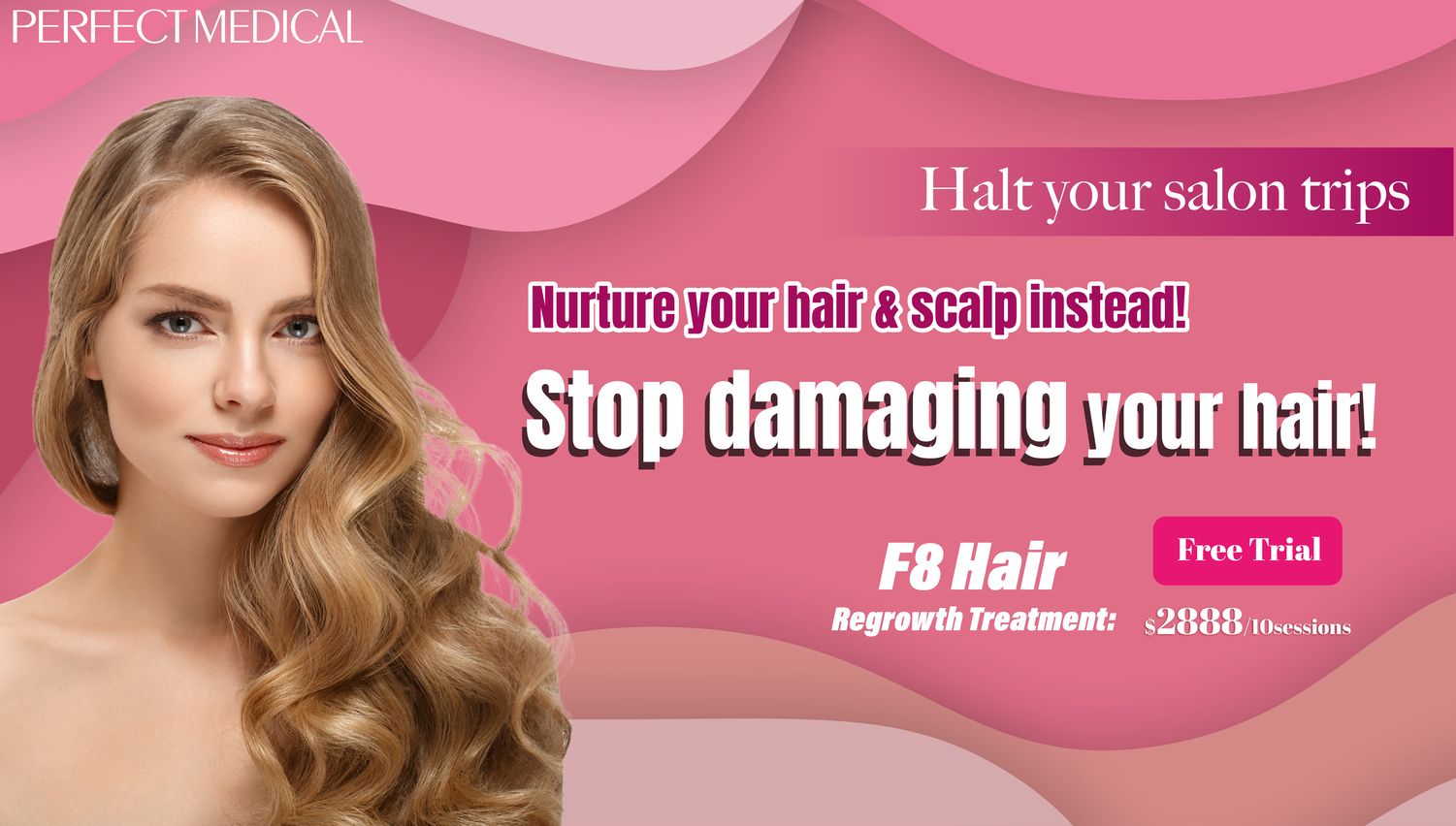
免費體驗
F8 Hair Regrowth Treatment
1 Minute Self-Registration
Date should not be before minimal date
FAQ

1. Can vitamin supplements help with hair growth?
Yes, in cases where a deficiency is the cause of hair loss, vitamin supplements can help promote hair growth. It's important to consult with a healthcare professional before starting any supplements to determine if they are suitable for your specific situation.
2. How long does it take to see improvements in hair growth after addressing a vitamin deficiency?
The time it takes to see improvements in hair growth after addressing a vitamin deficiency can vary from person to person. It may take several weeks to months, depending on the severity of the deficiency and how well the individual responds to treatment.
3. Are there any natural remedies to improve hair growth without supplements?
Yes, there are several natural remedies to promote healthy hair growth. These include maintaining a balanced diet, managing stress, avoiding over-styling, and using hair care products suited to your hair type.
4. Can a well-balanced diet alone prevent hair loss due to vitamin deficiencies?
A well-balanced diet can significantly reduce the risk of hair loss due to vitamin deficiencies. However, in some cases, supplements may be necessary to address existing deficiencies and promote hair regrowth.
5. Is it possible to reverse hair loss caused by genetic factors with vitamins?
Hair loss caused by genetic factors is more challenging to reverse with vitamins alone. While vitamins can support hair health, genetic factors often play a significant role in conditions like male or female pattern baldness. In such cases, other treatments, such as medications or hair transplant procedures, may be more effective.






